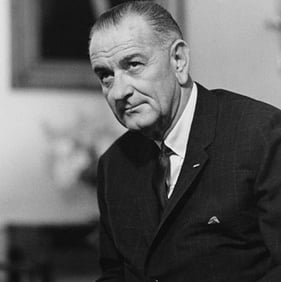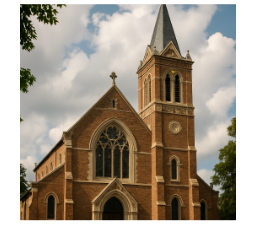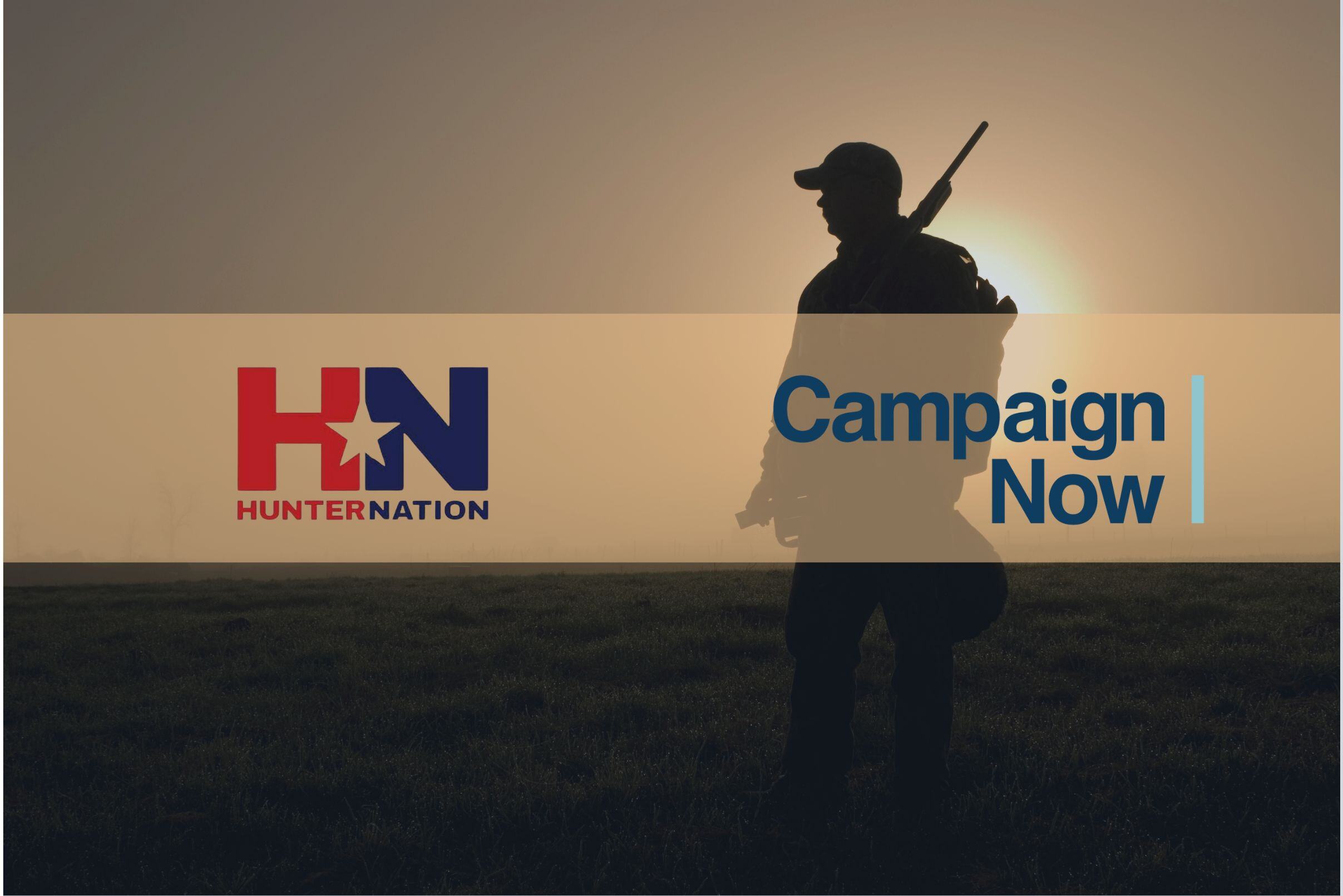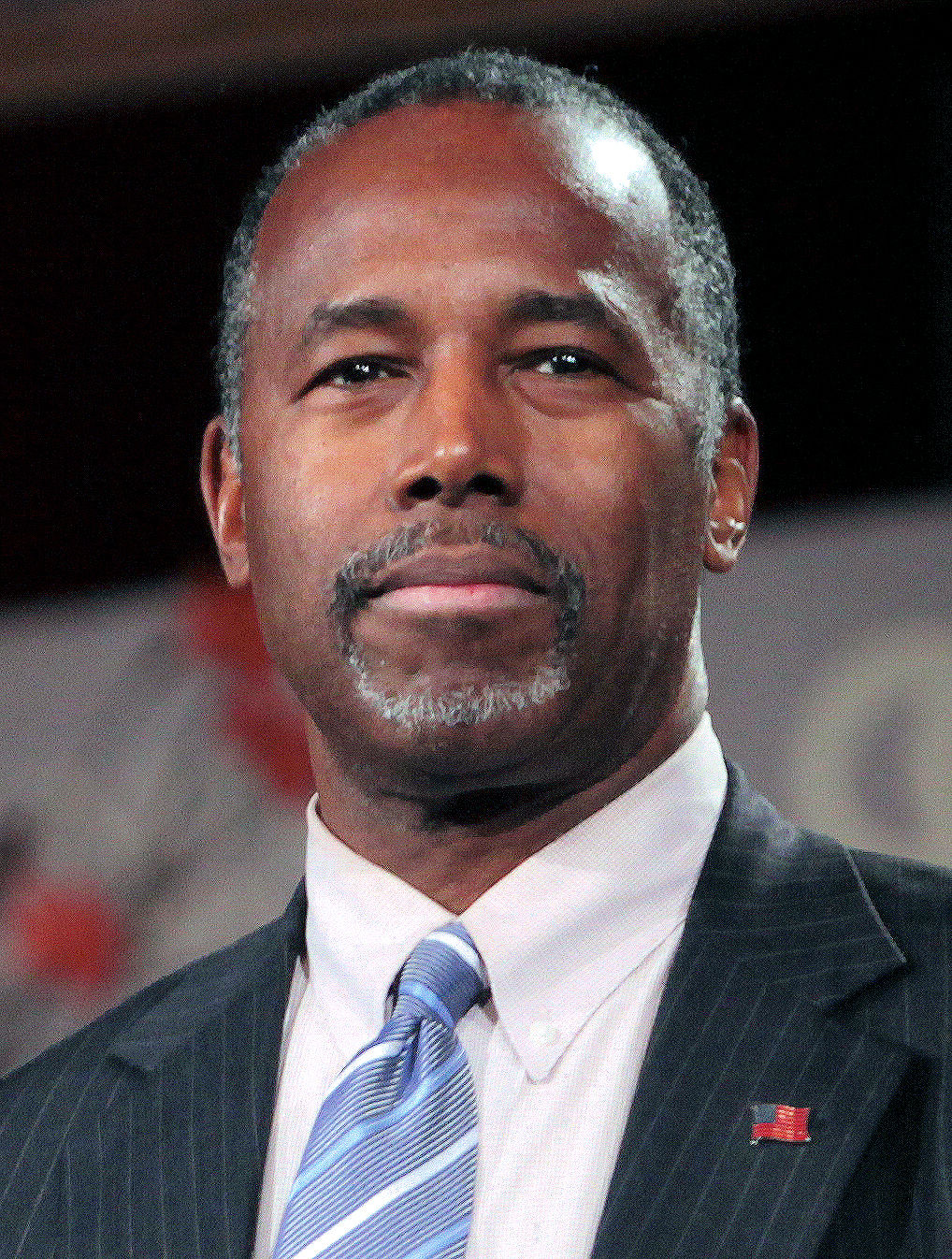Should the Johnson Amendment cease enforcement, U.S. churches could become powerful, opaque vehicles for campaign finance.
What to Know:
- IRS move ends Johnson Amendment enforcement, letting churches endorse candidates.
- Churches don’t file public disclosures, making them ripe for hidden campaign money.
- Republicans likely gain fastest through evangelical megachurch networks.
- Democrats split, with some Black churches engaging while others stay cautious.
- Watchdogs warn churches could become a new dark money channel.
When the IRS quietly filed court documents last month declining to revoke the nonprofit status of two Texas churches that had endorsed candidates, it didn’t just signal the end of the Johnson Amendment’s enforcement. It cracked open a door that could redefine American campaign finance.
For the first time since 1954, houses of worship can openly endorse political candidates without fear of losing their tax-exempt status. That’s not just a free speech win for pastors. It’s a structural shift with profound consequences for elections, money in politics, and the balance of power between Democrats and Republicans.
The Johnson Amendment
The Johnson Amendment, named for then-Senator Lyndon B. Johnson, has long barred nonprofits from endorsing or opposing candidates. For decades, enforcement was uneven but real enough to keep pastors cautious. Churches risked their tax-exempt status if they explicitly backed politicians from the pulpit.

Former Senator, then President, Lyndon B. Johnson; US Senate page
Donald Trump railed against the amendment as far back as 2015, calling it a “muzzle” on religious leaders. Now, with the IRS’s filing, his promise to dismantle it has effectively been fulfilled. As Trump put it at a White House faith summit, “God is once again welcomed back into our public square.”
Why This Matters for Campaign Finance
Unlike other 501(c)(3) nonprofits, churches already occupy a privileged space. They don’t have to file IRS Form 990s that disclose finances, leadership, and activities. They qualify automatically for tax exemption. In practical terms, this means they are uniquely positioned to become financial conduits for campaigns with almost no transparency.
Ellen Aprill, professor emerita of tax law at Loyola Marymount, sounded the alarm bluntly:
“This will encourage the creation of fraudulent churches that want to be able to get tax-deductible money to engage in opposing or supporting candidates … so they don’t have to disclose any other campaign intervention activities.”
If Super PACs represent the unregulated frontier of campaign finance, churches could soon become an opaque system: money enters without scrutiny, and influence emerges.
Evangelical Networks
For Republicans, especially Trump-aligned conservatives, the immediate upside is obvious. Evangelical megachurches already operate as powerful community networks with millions of engaged members. Many pastors already flirt with political messaging from the pulpit. Churches can now openly endorse candidates, mobilize volunteers, and channel resources.
Robert Jeffress, pastor of Dallas’s 14,000-member First Baptist Church and a longtime Trump ally, praised the ruling as a triumph of religious liberty:
“Government has NO BUSINESS regulating what is said in pulpits!”
Expect endorsements from figures like Jeffress to be featured in GOP campaign ads, fundraising appeals, and get-out-the-vote drives. For Republicans, it’s a dream: mobilization with moral authority, funded by tax-deductible donations.
A Divided Reaction
The ruling’s implications for Democrats are more complex. Black churches have long been organizing hubs for Democratic campaigns, providing staging grounds for rallies and voter outreach. But many Black faith leaders are wary of their pulpits being turned into political megaphones.
Rev. Thomas Bowen, a former Biden White House faith liaison, voiced the concern plainly:
“The fear that our sacred spaces will be at risk of becoming these stages for unchecked influence causes me to tell folk to tread carefully … Moral authority is sacred and it must never be sold for access.”
Others, like Pastor Jamal Bryant of New Birth Missionary Baptist in Georgia, see it differently. His 10,000-member congregation hosted Kamala Harris in 2024, and he says he would “absolutely” endorse candidates going forward. For Bryant, it’s a question of mobilization: “There’s a whole lot on the line.”
This division signals that Democrats may not benefit as uniformly from the ruling as Republicans. Some pastors may step up, others may sit out. The risk is that GOP-aligned evangelical churches become far more disciplined in their endorsements than their Democratic counterparts.
The Risk of Shadow Campaigns
The legal shift also raises urgent questions about transparency. If donors can funnel money into churches with no reporting requirements, campaign finance watchdogs fear we’ll see a rise in “shadow campaigns.”
Funds typically handled by PACs or 527s, which offer some level of transparency, could now be channeled through churches instead. Parishioners and outsiders alike could fund campaign operations cloaked as religious contributions, shielded from public scrutiny.
What Legal Experts Expect Next
While many pastors insist endorsements won’t suddenly become widespread, tax experts see a bigger picture. Even if only a small number of churches openly endorse, the financial incentives will tempt campaigns to test the boundaries. And unlike other nonprofits, churches are almost impossible to audit without sparking accusations of government overreach.
This is why Aprill and others caution against "fraudulent churches," which are essentially shell congregations established primarily to filter political funds. Consider a scenario where a political committee rebrands as a "church" to protect donor anonymity and avoid IRS reporting. While this might seem improbable, recall the rapid normalization of Super PACs post-Citizens United for a parallel.
Historical Echoes
There’s precedent for this. In the 1980s, evangelical churches became central to Ronald Reagan’s coalition, driving turnout and reshaping the GOP. Black churches were crucial to the civil rights movement and Democratic voter registration drives.
Previously, both religious and political entities had to navigate carefully, avoiding direct endorsements to stay within IRS guidelines. Now that this restriction has been lifted, the U.S. could see a new era where religious and political spheres merge, with sermons serving as campaign events and Sunday collections potentially becoming campaign contributions.
Wrap Up
The end of Johnson Amendment enforcement doesn’t just “free the pulpits.” It rewires the circuitry of American elections. With control of Congress hinging on razor-thin margins in 2026, both parties will test how far they can push this new frontier. Republicans are expected to leverage evangelical networks for organized voter turnout, while Democrats will rely on Black churches, though their effectiveness might be hindered by internal disagreements.
Campaign watchdogs, meanwhile, are staring down a transparency crisis. Churches can now endorse candidates, move money, and mobilize voters with fewer guardrails than any super PAC or 501(c)(4). The crucial question isn't about an increase in pastoral endorsements, but rather if the U.S. has inadvertently established the most extensive and opaque campaign finance mechanism in recent history.
For Republicans, it’s a ready-made advantage. For Democrats, it’s a gamble. For the country, it’s an experiment in democracy whose consequences we may only begin to understand after the 2026 midterms.





